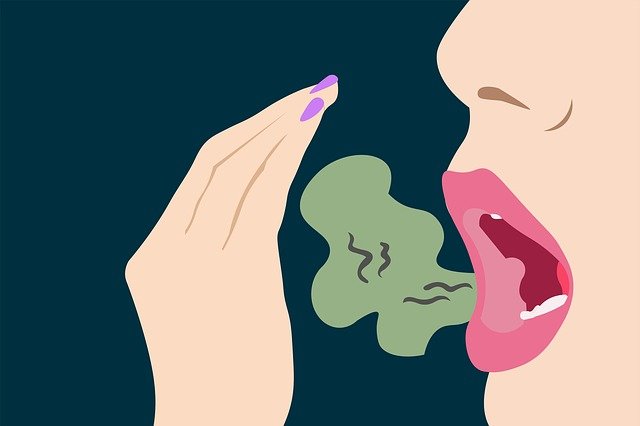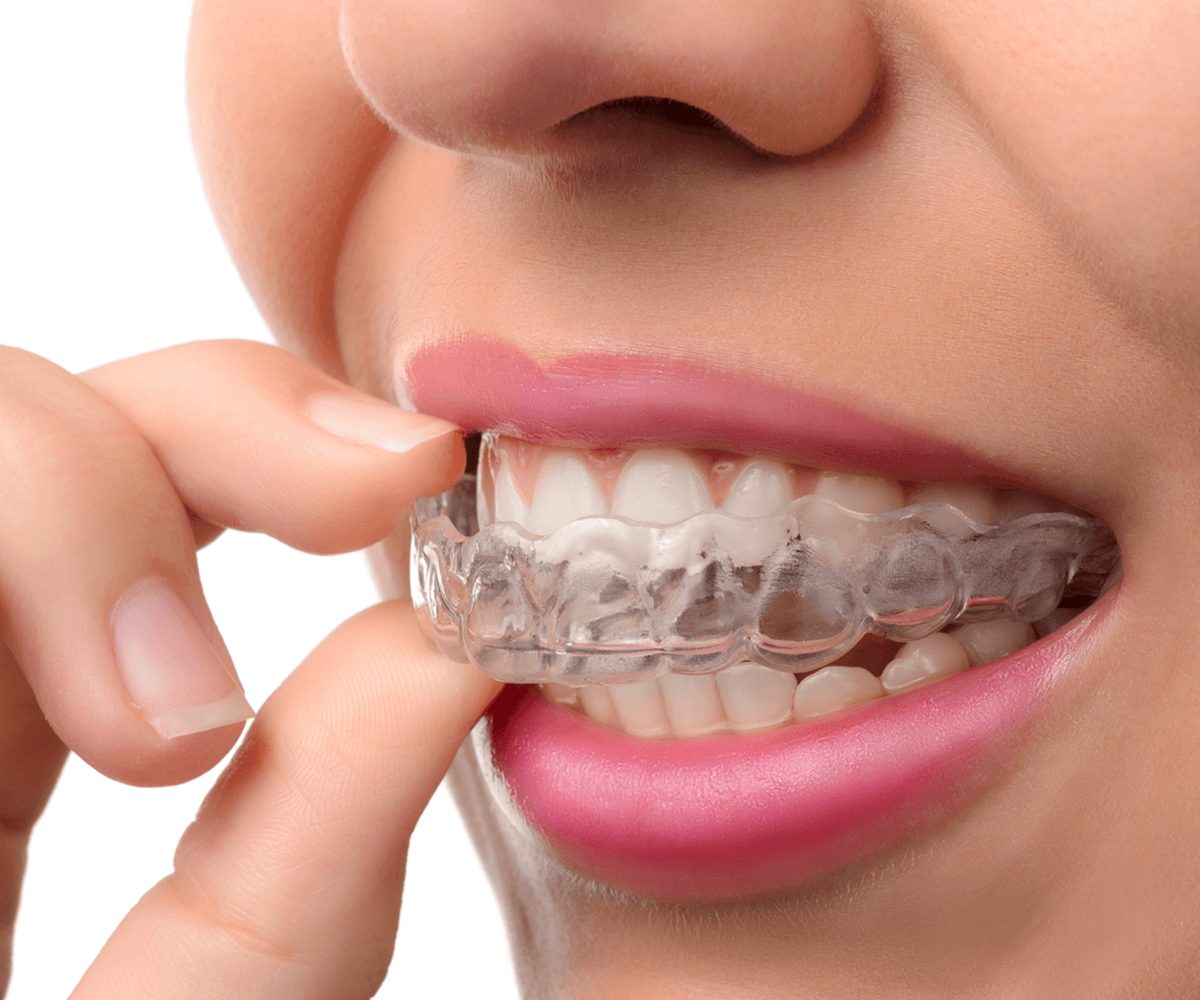Overview
Halitosis (Bad Breath) is a common problem that most of us experience from time to time. But unfortunately, some people face this problem daily, for a long period of time and they are struggling to find a solution.
In fact, Bad Breath is a result of bacteria living at the back of your tongue and throat. Sometimes, these bacteria start to break down proteins found in food at a very high rate producing certain odorous compounds called “Sulfur”. Halitosis is non-infectious, but a widespread condition, affecting 1 out of 4 people worldwide. The one main symptom of Halitosis is foul odor/smell that is persisting, embarrassing, and most often strong enough for other people to smell.
What are the causes?
As halitosis is a result of bacteria fermenting our food, it is obvious that the most common cause is poor oral hygiene. But there are other underlying factors that could be part of it.
Dental
Periodontitis (severe gum infection), improper teeth brushing, Dental caries, or improper partial/complete denture (artificial teeth) cleaning.
Food
Although its effect is of short duration, certain food such as garlic, onions, cheese, milk, canned tuna, and some spices can arise/worsen halitosis.
Dry mouth (low secretion of saliva)
This could be a result of certain medicines, alcohol high consumption, dehydration (lack of water drinking), and/or underlying medical conditions.
Tobacco product’s “smoking smell”
Contain chemicals that will be mixed with your saliva producing an unpleasant smell.
Tonsillitis
“Tonsil Stones”: small lumps/masses that form on the tonsils and are covered by bacteria-producing bad odor compounds.
Other medical conditions
Diabetes, chronic gastrointestinal (stomach) acid reflux, chronic sinusitis, and liver or kidney diseases can all contribute.
How to treat?
There is no definite treatment for halitosis, as the treatment will be dependent on the cause. Therefore, it is important to know first the roots of the bad odor and then treat it.
For oral hygiene-related halitosis, patients are encouraged to visit their dentist twice a year (every six months) to do teeth cleaning/scaling, check for any cavities and to assess their daily oral hygiene routine. Dentists will teach the patients how to properly clean their teeth or dentures with an efficient brushing technique.
Drinking plenty of water and keeping your body hydrated is the key to a healthy mouth and body. Adjusting your diet by avoiding bad smells and sugar-rich food can help. Moreover, certain food such as parsley, mint, raw lemon, green tea, and sugarless gums have been proven effective in reducing halitosis.
If Halitosis is not orally related, then you should visit your medical practitioner to detect other possible medical conditions. Usually, patients with chronic sinusitis are advised to use saline nasal spray. Acid reflux patients are informed to avoid snacking/eating close to bedtime, avoid highly acidic food, and take antacids to neutralize stomach acidity.
How to prevent it?
- Gently brush your teeth and gums with fluoridated toothpaste at least twice a day for 2 minutes
- Gently clean your tongue once a day using a tongue scraper or brush it with your teeth brush
- Clean between your teeth with interdental brushes, floss, or water pick flosser at least once daily
- Get regular dental check-ups
- Keep dentures clean and remove them at night
- Use sugar-free mints or chewing gum after having strong-smelling food and drinks


